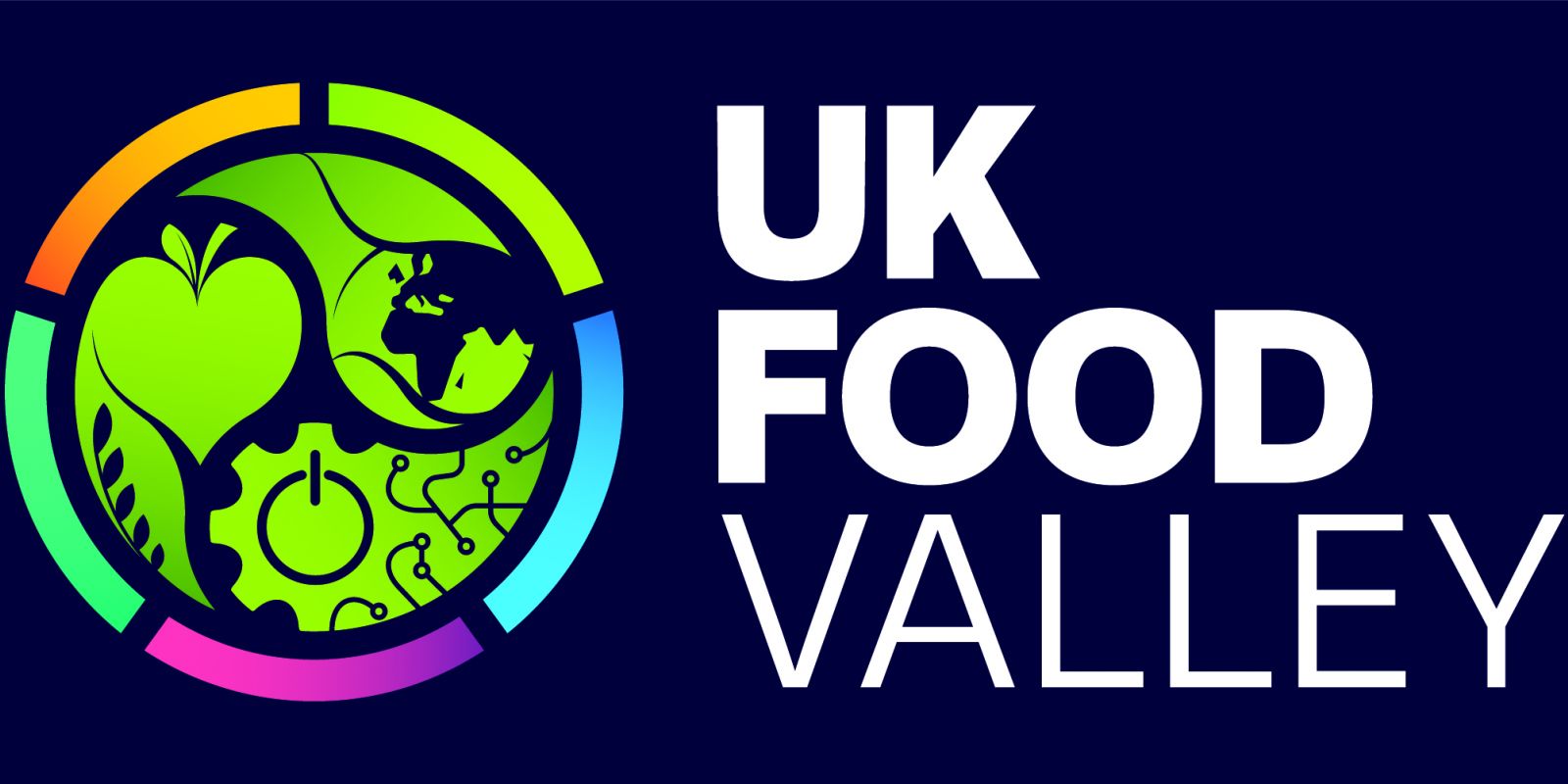UK Food Valley
Already responsible for producing one-eighth of England’s food, Greater Lincolnshire is developing the UK Food Valley Programme to position its UK-leading food sector as a Top 10 Global Food Cluster.
*** THIS PAGE IS A SUMMARY OVERVIEW ONLY. PLEASE VISIT THE UK FOOD VALLEY WEBSITE FOR COMPREHENSIVE INFORMATION ***
The UK Food Valley will support growth and encourage inward investment through promoting the scale, breadth and importance of the food sector to the area, and by ensuring that existing food sector companies and new investors are supported.
Greater Lincolnshire currently supports around 75,000 food sector jobs, 18% of jobs in the area compared to 4% of the UK workforce. At the heart of our food clusters, this concentration is much higher, for example in the South Holland District which focuses on fresh produce and logistics, it is 42% of the local workforce.
Key priorities for the UK Food Valley, are:
- Accelerating food chain automation and digital technology adoption to deliver productivity growth and high value jobs;
- Delivering low carbon food chains from farm to fork by focusing on low carbon technologies for production, processing and distribution;
- Developing the market potential of naturally healthy and nutritious foods, as well as new sources of protein, such as fish, vegetables, salads, fruit, pulses and lean meat, in which Greater Lincolnshire specialises.
Greater Lincolnshire is home to Europe’s largest Agri-food Tech automation and robotics cluster, attracting a variety of businesses which are investing heavily in automation. This creates an ideal testbed for investors as recognised in the publication, with DIT, 'High Potential Opportunity (HPO) for Automation in Food Processing' published in spring 2021.
Food chain automation will contribute to the creation of more highly skilled jobs in the future, benefitting local industry as well as individuals, and making the food chain a career of choice for aspirational young people. The area is also a leader in digital traceability in the food chain.
The UK Food Valley aims to lead national efforts to reduce carbon emissions from food production and manufacturing. This will be delivered by focusing on how new technology and skills, new energy sources and production processes can be used to reduce the carbon emissions from production, processing, transport and storage of food.
The UK Food Valley is supported by Councils and a Local Enterprise Partnership (LEP) which understand the needs of the food industry. They have their own food specialists and work with the industry, university, colleges and local business groups to support food sector companies by ensuring infrastructure, planning policies, workforce supply and innovation services all support the development of a modern, progressive food industry.
Highlights:
- 75,000 employees in the farm to factory gate supply chain
- UK Leading clusters in fish processing, vegetables, salads and fruit, poultry meat, eggs and arable crops
- UK-leading food logistics clusters in Spalding, the South Bank of the Humber and A1 corridor
- European-leading specialisms in agri-food sector automation, digitalisation and robotics and the National Centre for Food Manufacturing with UK-leading courses for the industry
- Supportive councils and LEP which provide clear plans and specialist staff to support food chain investors
To find out more about The UK Food Valley please click here.


